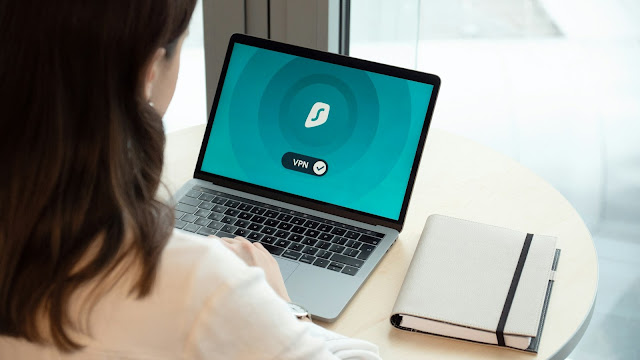Stay Secure: Essential Cybersecurity Tips for Virtual Assistants
Photo by Dan Nelson on Unsplash
Cybersecurity for Virtual Assistants (VAs) cannot be overstated in today's increasingly interconnected digital world. VAs serve as the gatekeepers for many online tasks and platforms, including but not limited to email management, social media engagement, web hosting, and cloud services. They play a key role in safeguarding sensitive information against unauthorized access, data theft, or malicious damage.
As VAs work in different digital spaces, they must prioritize strong security measures to protect both their clients' information and their own from cyber threats. By understanding the complexities of cybersecurity, Virtual Assistants can ensure the safe handling of sensitive data, thereby maintaining confidentiality and trust in their professional relationships.
Here are several cybersecurity tips tailored for Virtual Assistants (VAs) to help protect sensitive information and ensure a secure working environment:
Backup Your Data
Regularly back up your important files and documents to ensure their safety and accessibility. Use a reliable external hard drive or a reputable cloud storage service to create secure copies, protecting your valuable information from potential data loss caused by hardware failures, accidental deletions, or unexpected events.Use Strong and Unique Passwords
Create strong passwords for each account and service. For example, a strong password should be a combination of uppercase and lowercase letters, numbers, and special characters, with a minimum of 12 characters. Avoid using common or easy-to-guess passwords like 'password123 '. Consider using a password manager to generate and store these passwords securely.Enable two-factor authentication (2FA)
Whenever possible, enable two-factor authentication (2FA). This security feature adds an extra layer of protection by requiring not only your usual password but also a secondary authentication factor—such as a unique code sent directly to your mobile phone, a notification from an authentication app, or even a biometric scan—to log in. By implementing 2FA, you significantly reduce the risk of unauthorized access to your accounts, even if someone has your password. This additional layer of security can provide peace of mind, knowing your accounts are better safeguarded against potential hackers.Be Wary of Phishing Emails and Messages
Exercise caution when dealing with unfamiliar or unsolicited emails and messages, as they may contain malicious content. To ensure the sender's legitimacy, carefully examine the email address for any signs of impersonation, such as misspellings or unusual domain names. Additionally, before clicking on any links, hover your cursor over them to reveal the URL, which can help determine if the link is safe. It's also wise to use trusted antivirus software to scan any attachments to identify potential threats, ensuring your devices remain secure.
Keep Your Devices and Software Updated
To safeguard your devices and ensure optimal performance, keeping your hardware and software up to date is essential. Regularly installing updates is crucial, as these updates frequently include critical security patches designed to protect you from potential vulnerabilities and threats. By staying current with the latest versions of your operating system, web browser, antivirus software, and other essential applications, you can improve your device's defenses against malware, cyberattacks, and other risks while benefiting from improved features and bug fixes that will enhance your overall user experience. Make it a habit to check for updates regularly and activate automatic updates where possible to streamline the process.




Comments
Post a Comment